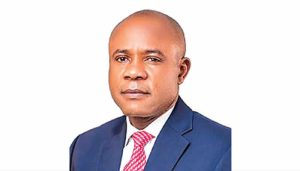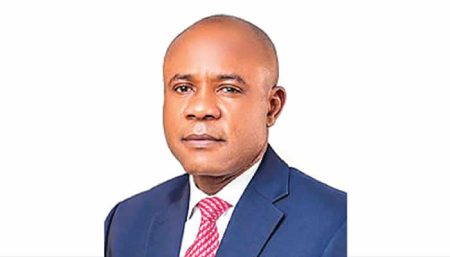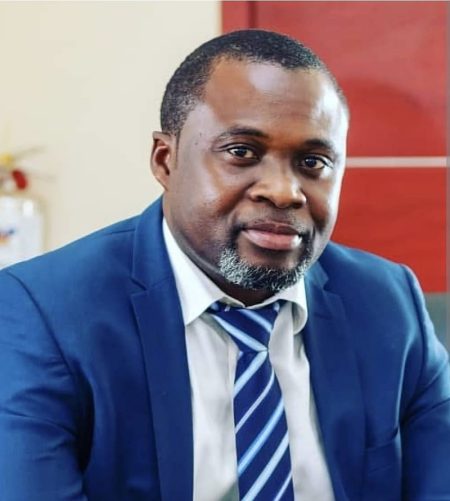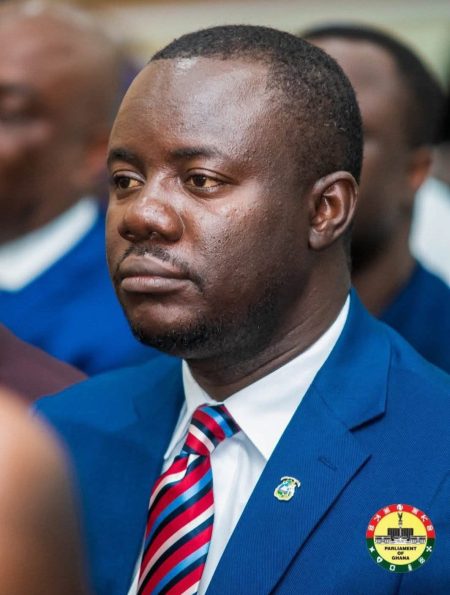Solomon Ehigiator Arase, a name synonymous with integrity, reform, and progress within the Nigerian Police Force, carved an indelible mark on the nation’s security landscape. His journey, spanning from a small town in Edo State to the pinnacle of law enforcement, exemplifies a life dedicated to public service and the betterment of his country. From his early days, grounded in the values of education and discipline, to his final moments, Arase remained committed to uplifting his community and transforming the police force into a more effective and accountable institution. His passing marks the end of an era, but his legacy continues to inspire and guide those who strive for a safer and more just Nigeria.
Arase’s academic pursuits laid the foundation for his illustrious career. He pursued a diverse range of disciplines, beginning with a degree in Political Science from Ahmadu Bello University. This provided him with a deep understanding of governance and the intricacies of public administration. His thirst for knowledge led him to further his education, obtaining a Law degree from the University of Benin, which equipped him with the legal acumen necessary for navigating complex legal frameworks within law enforcement. He culminated his academic journey with a Master’s degree from the University of Lagos and advanced studies at the National Defence College, solidifying his expertise in strategic leadership and security management. This comprehensive academic background, coupled with his professional police training, transformed him into a well-rounded and highly effective leader.
Arase’s career within the Nigeria Police Force spanned over three decades, during which he steadily rose through the ranks, demonstrating unwavering commitment and exceptional leadership. He began his service in 1981, gaining valuable experience in various roles, including Commissioner of Police in Akwa Ibom State and Assistant Inspector-General in charge of intelligence. His experience extended beyond national borders, as evidenced by his participation in a United Nations peacekeeping mission in Namibia, where he honed his skills in international law enforcement and security operations. His dedication to professional development and strategic leadership was further recognized through his fellowship at the Nigerian Defence Academy, a testament to his commitment to excellence within the security sector.
His appointment as Inspector-General of Police in April 2015 marked a turning point in the history of the Nigerian Police Force. Arase embarked on a series of transformative reforms aimed at modernizing the force, enhancing its efficiency, and improving its relationship with the public. Recognizing the need to address misconduct and build public trust, he established the Police Complaints Response Unit, providing a platform for citizens to report police misconduct and seek redress. He also created the Intelligence Response Team, a specialized unit tasked with handling high-profile crimes and improving operational efficiency in tackling complex security challenges. These initiatives, coupled with his directive banning officers from arbitrarily searching citizens’ phones, demonstrated his commitment to protecting civil liberties and upholding human rights.
Arase’s vision for a modern and effective police force extended beyond operational reforms. He recognized the importance of community policing, advocating for closer collaboration between the police and the communities they serve. He also emphasized the need for forensic development, understanding that scientific evidence plays a crucial role in modern crime investigation and prosecution. Furthermore, he championed improved welfare for rank-and-file officers, recognizing that a well-supported and motivated police force is essential for effective policing. His appointment as Chairman of the Police Service Commission further solidified his commitment to meritocracy and transparency within the force. In this role, he promoted merit-based recruitment and aimed to depoliticize police appointments and promotions, striving to create a more professional and accountable institution.
Beyond his distinguished career in law enforcement, Arase demonstrated a profound commitment to youth development and community empowerment. Through the Solomon Ehigiator Arase Foundation, he provided scholarships to deserving students pursuing education in medicine, engineering, security studies, and other fields. He held a particular concern for the children of deceased police officers, ensuring they had access to education and opportunities, thus honoring the sacrifices made by their parents in service to the nation. Even after his retirement from the Nigeria Police Force in 2016, Arase remained active in public service, continuing to contribute to the betterment of his country. His legacy extends beyond the realm of policing, encompassing a deep commitment to education, youth empowerment, and community development. He leaves behind a legacy of reform, dedication, and a profound impact on the Nigerian landscape.














